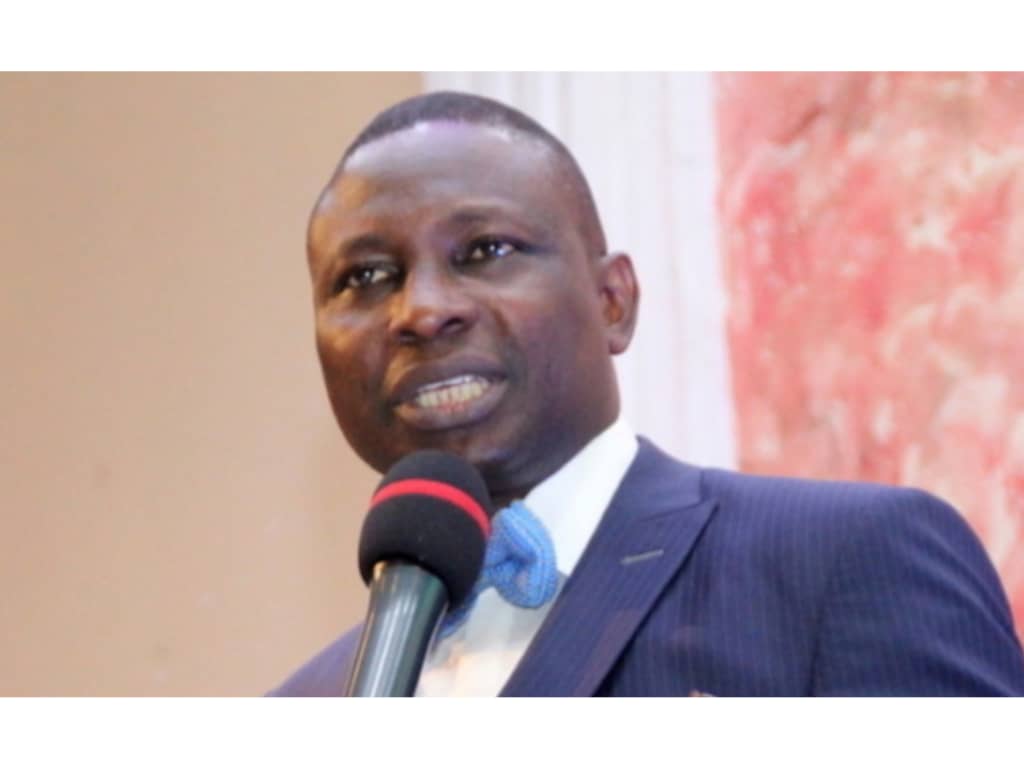Nigeria
EFCC advocates for the enactment of laws against unexplained wealth

Ola Olukoyede, the executive chairman of the Economic and Financial Crimes Commission (EFCC), has advocated for legislation in Nigeria to combat unexplained riches.
He clarified that enacting such a law will aid in curbing the nation’s treasury looters’ illicit actions.
The chairman made the call during the two-day international law conference, “Unexplained Wealth in the Global South: Examining the Asset Recovery and Return Trajectory,” which was hosted by Christopher University in Mowe, Ogun State, according to a statement released by the EFCC spokesperson, Dele Oyewale, on Thursday.
The Chairman, who was accompanied by the EFCC Abuja Zonal Commander, ACE1 Adebayo Adeniyi, noted that many other nations have used Unexplained Wealth Orders (UWOs) as a tool to combat corruption and treasury looting since the law’s implementation in 2018. The Chairman expressed regret that Nigeria has not yet enacted such a law and must instead rely on Section 7 of its Establishment Act to take action.
“The problem of mysterious wealth is not exclusive to any one area. To address it, jurisdictional laws have been passed all over the world. Countries all over the world still deal with crimes resulting from money laundering schemes and illegal money. Due to these circumstances, Unexplained Wealth Orders (UWOs) were enacted and went into effect in 2018. Numerous nations have developed UWO, including the United Kingdom, Australia, Mauritius, and African nations including Kenya, Zimbabwe, and Trinidad and Tobago in the Caribbean. Nigeria has not yet developed a national law pertaining to it.
The EFCC continues to handle the issue of unexplained income by relying on Section 7 of its Establishment Act due to the lack of legislation in this area.
The Chairman stated that the EFCC had recovered substantial assets from fraudsters since its founding, including houses, cars, barges, jewels, cash, furniture, and properties, among other things. However, he also pointed out that unexplained riches can only be advantageous to the state if it is surrendered.
“The prosecution of the suspected fraudster is typically a step in the asset forfeiture procedure. Depending on the court’s decision and the state of the law, assets may be forfeited temporarily or permanently. But regardless of whether money is seized temporarily or permanently, it is crucial that any illicit gains be retrieved and retained by the government. He continued.
In order for the Commission to function more effectively, he asked the public to be open with information regarding suspicious assets in their local areas. This is because intelligence and information must be easily accessible.
Olukoyede also pointed out a few other reasons why asset recovery in Nigeria takes so long, such as the formalities involved in prosecuting pilfered property, which occasionally call for their public release in large newspapers, and the retrieval of pilfered money hidden abroad.
“It is more difficult to retrieve stolen money hidden in foreign countries. The recovery of such funds is typically handled by state institutions, and it requires a lot more time and work. For government organisations or anti-corruption authorities involved in the recovery, the return trajectory in this case may even take years. Such incidents involving the return of monies that numerous government officials had embezzled occur in Nigeria. He stated.
